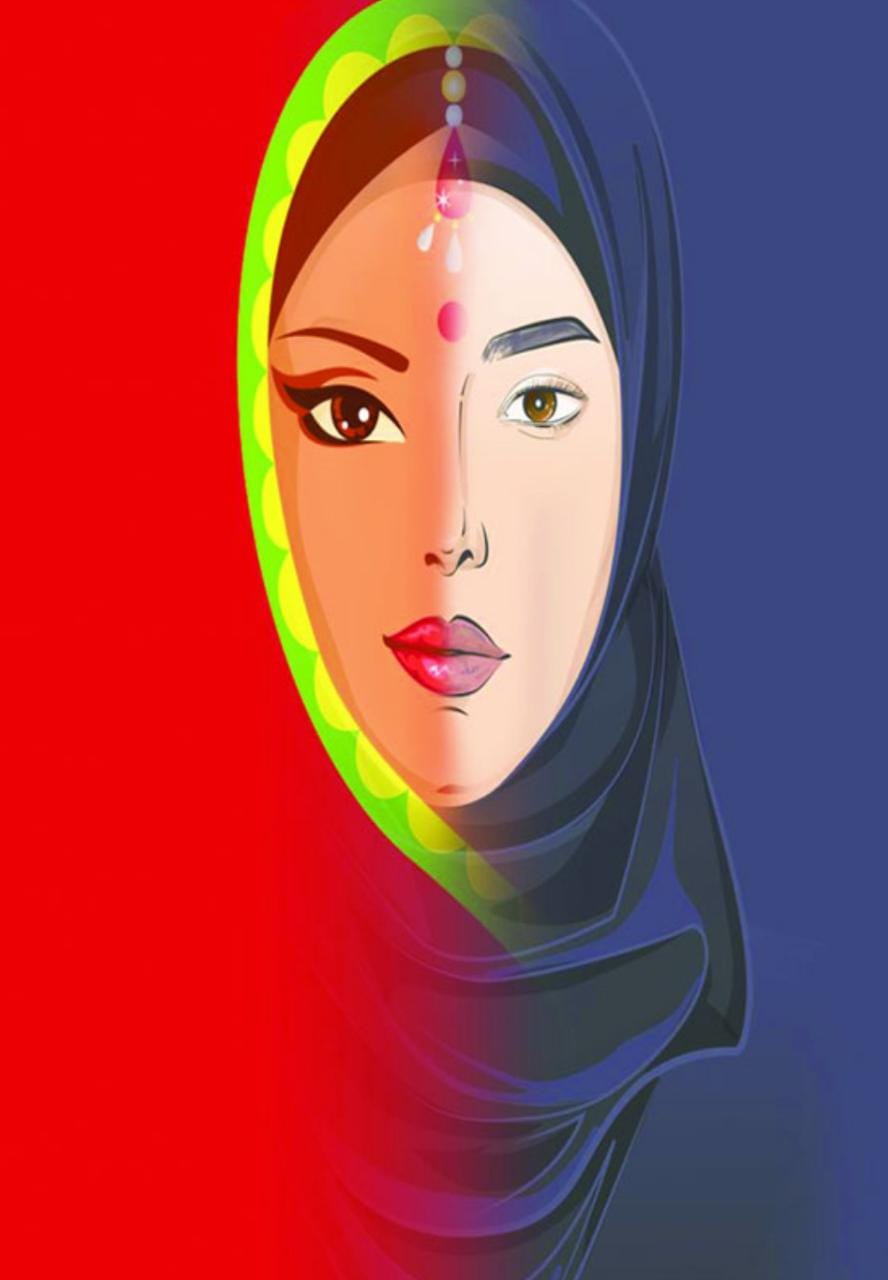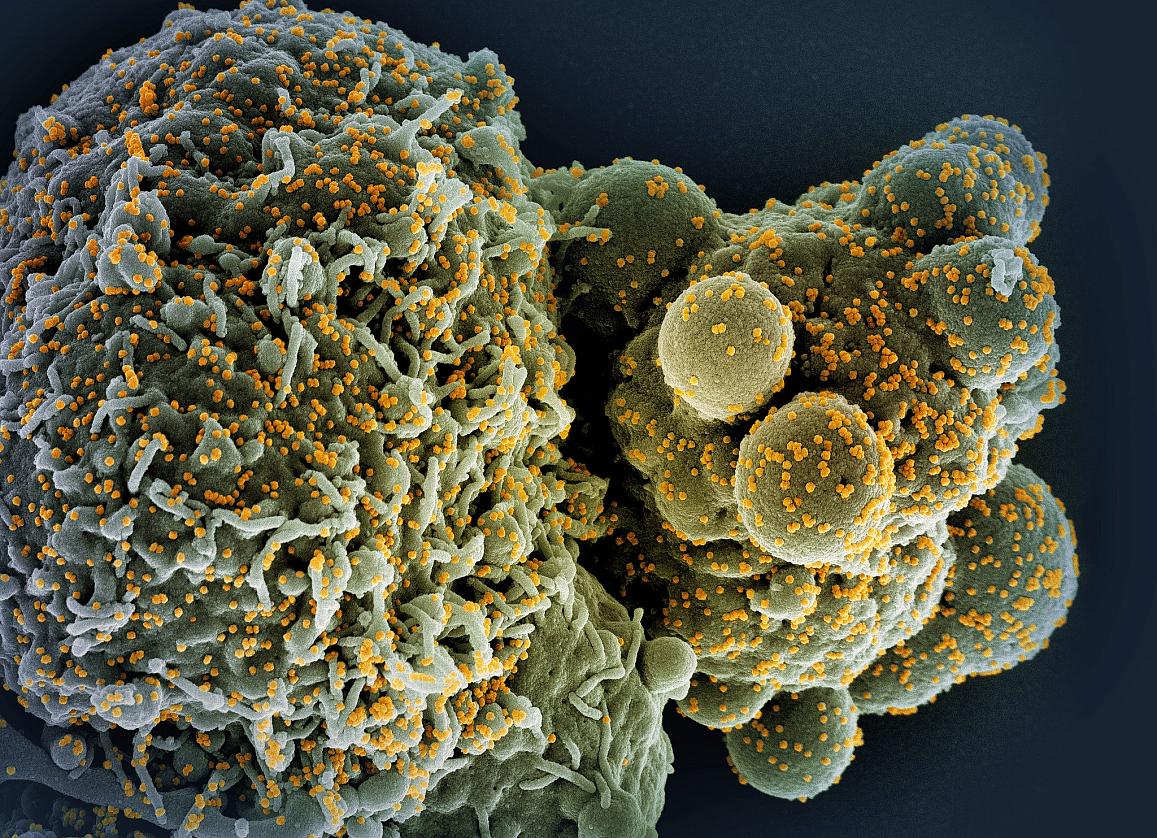By Biswajeet Banerjee/Lubna Jerar Naqvi
Forced conversions of women have emerged as a pressing issue in both India and Pakistan, casting a shadow over the principles of individual freedom, religious choice, and societal harmony. As the spotlight intensifies on these disconcerting practices, civil society activists, legal experts, and concerned citizens are grappling with the complexities surrounding this contentious matter.
In India, the focal point of concern revolves around the conversion of women from the majority community, stirring restiveness among various segments of the population. Activists, while recognizing the sacrosanct right of individuals to alter their faith, invoke the provisions of the Special Marriage Act, which legally sanctions interfaith unions. Indian courts have generally upheld the rights of couples choosing diverse religious paths. However, across the border in Pakistan, the scenario is marred by a polarizing debate over the legitimacy of conversions.
Pakistan witnesses a parallel but distinct narrative. Here, activists and lawyers are increasingly raising their voices against the conversion of women hailing from minority communities. These women, often hailing from economically disadvantaged backgrounds, find themselves with limited agency in these life-altering decisions. The dilemma faced by courts in Pakistan is rooted in the absence of pertinent legal frameworks and the paradox of converted women claiming contentment when produced in court.
Civil society activists in both countries underscore the bewildering disarray caused by the relatively small number of interfaith unions and conversions. The stark numerical disparities further highlight the disproportionate social turmoil emanating from these cases. Pakistan’s demographic composition portrays a mere three percent representation of Hindus and Christians, while in India, Muslims account for 15 percent of the populace. Astonishingly, despite their numerical insignificance, these conversions incite significant societal disruptions.
The paradox is striking. India has seen the emergence of controversial “anti-love jihad” statutes and laws aimed at criminalizing the conversion of Hindu women to Islam and their subsequent marriages with Muslim men. Meanwhile, in Pakistan, the discourse predominantly revolves around the conversion of women from Hindu and Christian minorities. Astonishingly, instances involving Hindu men converting to marry Muslim women, or vice versa, remain virtually non-existent in both countries.

The legal frameworks governing these issues also diverge. In India, the Special Marriage Act offers a legal avenue for couples to retain their respective faiths while solemnizing their unions, safeguarding the bedrock of personal freedom and choice. On the contrary, Pakistan’s legal landscape remains devoid of comparable legislation, rendering converted women with limited legal recourse.

- Shoaib Ashraf, a human rights activist and advocate at the Pakistan Supreme Court, emphasizes that authentic religious conversion must emanate from sincere belief, untainted by ulterior motives.
A watershed moment in India came through the historic ruling delivered by Chief Justice of Indian Supreme Court Justice DY Chandrachud, unequivocally affirming the indomitable prerogative of individuals to select life partners, irrespective of religious affiliations. This judgment underscored the impervious realm of personal privacy and the Constitution’s unwavering defence of religious liberty.
Similarly, the Lahore High Court in Pakistan acknowledged religion as a deeply personal conviction, refraining from overstepping into these matters.
Despite this, both countries have, unfortunately, witnessed instances of subterfuge and deceit in the context of forced conversions, often culminating in tragic consequences.
Recent developments in India have ushered in the Prohibition of Unlawful Conversion of Religion Ordinance in Uttar Pradesh. This legislative initiative has culminated in numerous arrests, with a predominant number of cases involving Muslim individuals, who are accused of luring and coercing women into conversion.

The most recent legislative addition making waves is the Uttarakhand Freedom of Religion (Amendment Act), 2022. This freshly minted legal framework, duly passed by the Uttarakhand assembly, introduces significant revisions to the preexisting Freedom of Religion Act of 2018. The crux of this amendment lies in its stance against coercive or deceptive conversion practices.
Under the new amendments, any individual found attempting to induce religious conversion through methods involving “misrepresentation, force, undue influence, coercion, allurement, or fraudulent means” could face a hefty penalty of Rs. 50,000. This legal stride is accompanied by the categorization of such actions as both cognizable and non-bailable offenses. If proven guilty, the offender could be sentenced to a minimum of 3 years in prison, with a potential extension of up to 10 years. Moreover, the amendment introduces the requirement for the convicted individual to provide compensation of Rs. 5 lakhs to the aggrieved party, adding a financial dimension to the consequences.
Contrastingly, the Jharkhand Freedom of Religion Act, 2017, takes a distinct approach. It levies a milder penalty for converting adults from upper castes, encompassing a three-year imprisonment term or a fine of Rs. 50,000, or potentially both. Conversely, conversion involving individuals from Scheduled Castes (SC), Scheduled Tribes (ST), women, or minors is met with a more stringent punishment, carrying a four-year prison sentence and a fine of Rs. 1 lakh, or both.
Similarly, the Uttar Pradesh Prohibition of Unlawful Conversion of Religious Ordinance, 2020, underscores a focus on heightened penalties. It places an emphasis on safeguarding lower castes, Adivasis, minors, and women from undue influence, enacting penalties of greater severity for those involved in their conversion.
The first anti-Conversion bill that was passed by the Odisha government in 1967, Cynthia Stephen in her EPW paper Anti-Conversion legislation in Karnataka notes when the state passed the bill, the Christian population of the state was around 2 lakhs, 1.1% of the population in comparison to 1.7 crores Hindus. Madhya Pradesh also followed the Odisha line and in 1968, passed its first Freedom of Religion bill. Notably, as per the 2011 census the Christian population in Madhya Pradesh stands at 0.29%.
In essence, these recent legislative moves reflect a commitment to curbing undesirable religious conversion practices, while simultaneously aiming to maintain a balance between religious freedom and the prevention of coercive or deceptive tactics.
Pakistan, grappling with the absence of a specialized legal framework against forced conversions, has compelled affected families to resort to existing laws pertaining to abduction, forced marriages, child marriages, and the rape of minors to seek justice. Activists underline the misleading nature of a victim’s proclamation of voluntary conversion and stress the necessity of nuanced consideration in such intricate situations.
Jibran Nasir, an advocate, and lead campaigner, accentuates the intricate nature of consent in such cases, contending that apparent satisfaction may belie underlying coercion. Data emanating from the Center for Social Justice in Pakistan unveils the highest reported instances of alleged forced conversions in Punjab (52%) and Sindh (44%) between the years 2013 and 2020.
Regrettably, despite the clarion directives emanating from the Supreme Court of Pakistan, endeavors to enact comprehensive legislation against forced conversions have faltered repeatedly at both the provincial and national levels. Frustratingly, even in cases where legislative frameworks have been drafted, their passage has been hamstrung, despite unambiguous directives from the apex court.
In Pakistan, a provision allowing courts to provide victims with a respite in “darul aman” (places of safety) has been incorporated to facilitate contemplation in such circumstances. However, the overarching absence of well-rounded legal measures continues to loom large over addressing this intricate matter, intertwining the fundamental tenets of freedom, consent, and justice. As India and Pakistan grapple with these weighty issues, it remains imperative for societies to engage in a thoughtful and nuanced discourse to ensure the well-being and rights of all individuals, regardless of their faith.
(Banerjee is Political Editor, The Pioneer Lucknow, while Lubna is a senior journalist based in Karachi)
(Disclaimer:The opinions expressed within the content are solely the author’s and do not reflect the opinions and beliefs of the website)











